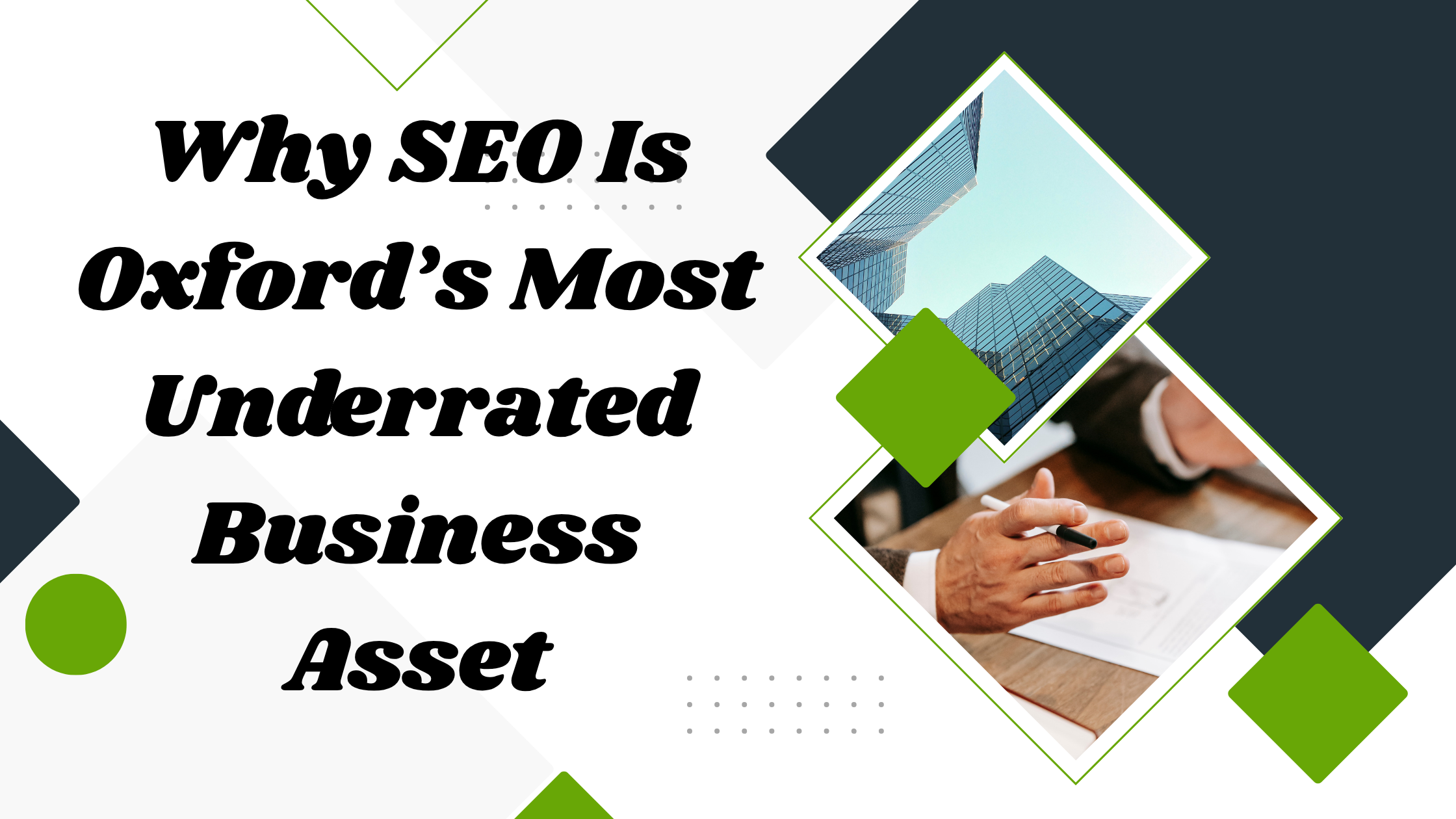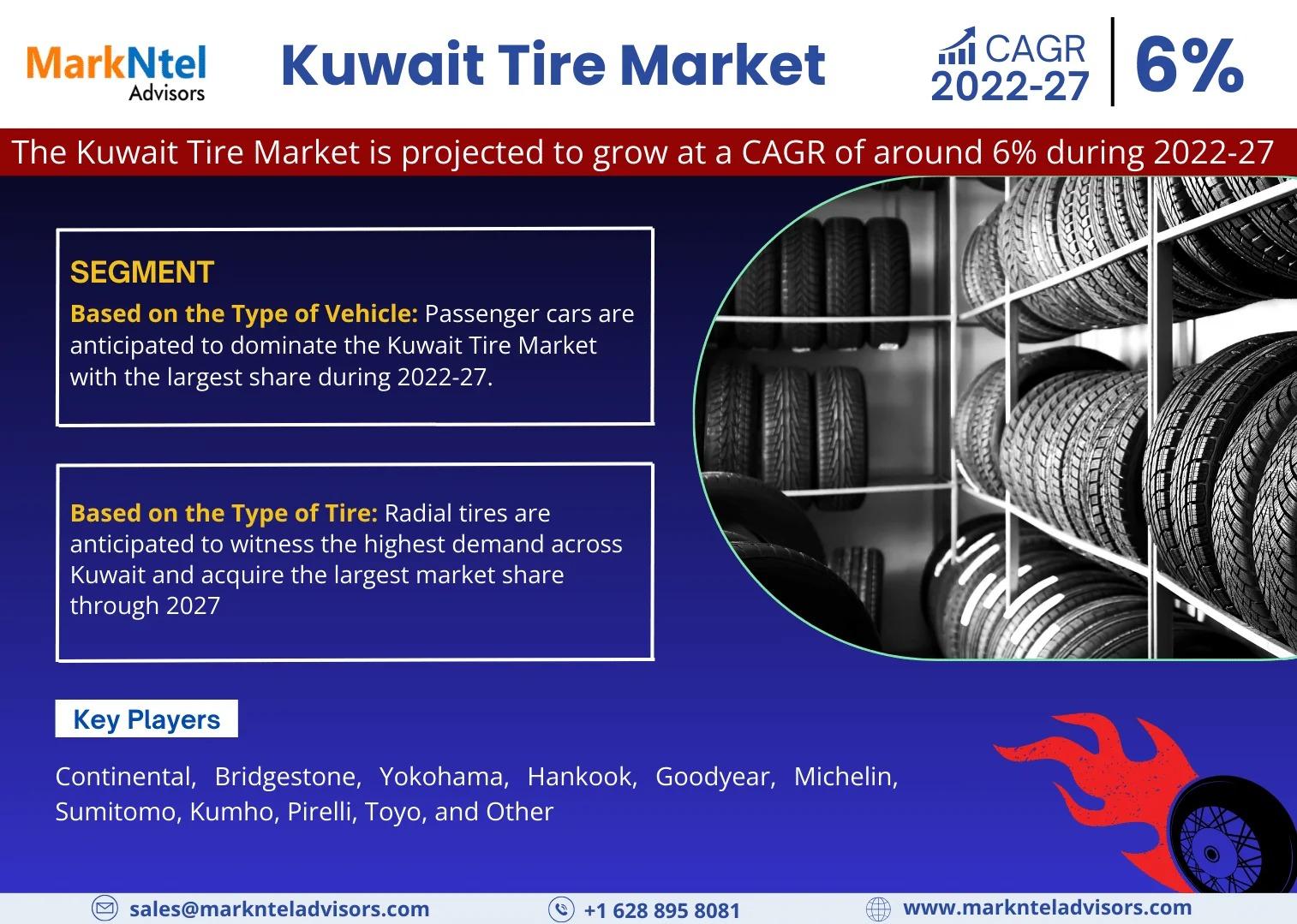Why SEO Is Oxford’s Most Underrated Business Asset

Oxford is known for its intellect, prestige, and pageantry. But beneath the dreaming spires and storied halls, a new reality is quietly reshaping the city’s economic engine: the rise of digital-first businesses. As tradition collides with innovation, something surprising is unfolding. While businesses in Oxford chase after cutting-edge tools—AI integrations, influencer collaborations, even the metaverse—many overlook the one asset that's proven, cost-effective, and quietly transformational: SEO.
It’s not as glamorous as a slick social media reel or as trendy as a chatbot. It doesn’t beg for attention. It simply works.
And in Oxford’s hyper-competitive service and startup scene, that’s exactly what makes SEO such a game-changer. But here’s the twist—it remains underestimated, misunderstood, and, in too many boardrooms, dangerously neglected.
The Quiet Engine That Fuels Visibility
Search Engine Optimization, or SEO, isn’t new. It’s been around since the earliest days of Google. But the discipline has matured. What was once about stuffing keywords and tricking algorithms is now about strategic visibility, behavioral insight, and long-term brand equity.
In Oxford, where competition spans across education, healthcare, tech, and tourism, SEO has become less of a tech tool and more of a business weapon. Yet, many business owners are still under the illusion that showing up on search is just a matter of launching a website.
They’re wrong. Visibility is earned, not given.
A well-optimized site in Oxford doesn’t just appear higher on Google—it earns trust, attracts qualified leads, and converts attention into revenue. And unlike paid campaigns, the results of good SEO don’t vanish the moment you stop spending. They compound.
Why Businesses in Oxford Still Ignore It
It’s ironic. Businesses in Oxford—arguably one of the most intellectually curious cities in the world—often miss out on SEO not because they don’t understand technology, but because they misjudge its value.
Here’s why:
-
SEO isn’t flashy. It doesn’t come with confetti. It builds slowly and works behind the curtain. In an era of instant gratification, it’s often passed over for quicker wins.
-
It’s misunderstood. Many equate SEO with outdated tactics from the 2000s—keyword spamming, fake backlinks, blog farms. Today’s SEO is more about content strategy, technical health, and user intent.
-
It’s assumed to be too technical. Business owners and marketing heads sometimes feel SEO belongs in the developer’s corner. But in truth, SEO is 40% strategy, 40% execution, and 20% patience.
The result? Businesses throw budgets at PPC ads, influencer campaigns, or even expensive PR pushes—while ignoring the long-term ROI that SEO quietly offers.
The Local Search Revolution in Oxford
If you think SEO is just for global tech brands or eCommerce giants, think again.
Local SEO is driving serious results in Oxford. Whether you’re a law firm on Beaumont Street, a dentist in Headington, or a boutique in Jericho, your audience is already searching for services on Google.
They’re not scrolling Instagram hoping to stumble across you. They’re searching for “best estate agent Oxford,” “emergency vet near me,” or “top coworking spaces in Oxford.”
And if your website doesn’t show up? You're invisible.
Google’s local algorithms have become increasingly sophisticated. The map pack. Review scores. On-page trust signals. Mobile optimization. Schema markup. It’s a layered ecosystem. And when optimized correctly, it doesn’t just drive clicks—it drives footfall and phones ringing.
Oxford’s foot traffic is now driven by online signals.
Case Study: The Oxford Brand That Didn’t See It Coming
Let’s talk about a real example—names omitted, because the story is what matters.
A well-established Oxford-based B2B service provider had a beautiful website, great social media presence, and regular print ads in local journals. Yet, lead generation was stagnant.
They assumed it was market saturation. It wasn’t.
A simple SEO audit revealed that their competitors—some newer, some smaller—were dominating search results for core terms. The reason? Better on-page optimization, stronger internal linking, consistent blog publishing, and a clearer site structure.
Within six months of addressing technical gaps and launching an SEO content strategy, the business saw a 63% rise in organic leads. No extra ad spend. No rebranding. Just strategy and consistency.
That’s the thing with SEO—it doesn’t discriminate by company size. It rewards who shows up with relevance, structure, and intent.
Oxford’s Business Landscape Is Ripe for SEO
The city is changing.
Post-pandemic, the rise of remote-first companies, the Oxford-Cambridge innovation arc, and the steady influx of global capital into local ventures have reshaped the playing field.
With this change comes new competition.
If you’re a co-working brand, you’re not just competing with the office down the road—you’re now in the same race as hybrid workspace giants targeting Oxford. If you're an education tech firm, you’re not just rivaling local tuition centers but nationwide players with Oxford-specific landing pages.
And this is where SEO matters most.
It localizes your relevance, strengthens your authority, and gives your business a fighting chance to stand out—even when competing with bigger budgets.
How SEO Outperforms Paid Ads Over Time
Ask any Oxford business that’s relied solely on PPC—they’ll tell you the results are real but fleeting.
You pay. You play. You pause. You disappear.
SEO works differently. It may take time to rise in rankings, but once you're there, you're not paying for every click. You’re not stuck in an auction-based system where bids determine visibility.
Consider this:
-
A well-optimized blog can bring in leads for years.
-
A structured site architecture makes you discoverable across hundreds of search queries.
-
A Google My Business profile, when nurtured, can outperform a £500/week ad campaign in terms of call-to-action conversion.
When done right, SEO becomes your best-performing silent salesman.
The Content Game: Oxford Has a Story to Tell
Another overlooked aspect? Content.
Oxford is a city full of stories. Thought leadership isn’t optional—it’s expected.
SEO-aligned content marketing allows Oxford businesses to use this storytelling power. A law firm can create guides on changing UK regulations. A wellness center can publish health resources linked to seasonal changes. An IT company can report on AI trends affecting research institutions.
This kind of content doesn’t just attract Google bots—it attracts humans. People searching for answers. People ready to act. People who trust those who educate.
Good content is SEO’s lifeblood. And Oxford businesses are sitting on a content goldmine they’ve yet to excavate.
Technical SEO: The Backbone Nobody Talks About
Let’s bust another myth—SEO is not all content and keywords. The technical health of your site could make or break your visibility.
And here’s where many Oxford businesses stumble.
They have beautiful websites… that load in 5 seconds. Navigation menus that confuse. No alt tags. Broken links. Missing meta descriptions. No structured data.
Technical SEO ensures your site speaks Google’s language.
In a university town that houses some of the smartest minds in the world, it’s a little ironic that many business websites fail the simplest SEO health checks. A slow, poorly structured site can undo months of branding and marketing.
The good news? Fixes are often one-time investments with long-term benefits.
Mobile-First Oxford: Don’t Fall Behind
The numbers don’t lie—more than 60% of local searches happen on mobile devices.
Yet walk through Oxford’s independent business websites and you’ll find stretched images, unclickable menus, and text that looks like it was designed for a typewriter.
A mobile-optimized experience is no longer optional. It’s your first impression.
If your site isn’t mobile-friendly, your SEO ranking suffers. Your bounce rates spike. And worst of all, potential clients judge your professionalism by your lack of digital readiness.
Oxford may be old, but its audience is mobile.
Trust Signals and Reviews: Digital Word-of-Mouth
In the past, word-of-mouth built Oxford businesses.
Today, it still does—only now it lives in Google Reviews, third-party platforms, and schema-enhanced snippets.
SEO strategy now integrates online reputation. A steady stream of five-star reviews, timely responses to negative feedback, and testimonials built into your landing pages all contribute to what search engines and users deem “trustworthy.”
This is especially true in Oxford’s saturated markets—think law, dentistry, and private tutoring. Reviews aren’t a cherry on top; they’re part of your search ranking algorithm.
Ignoring this piece of SEO is like ignoring customer referrals.
Analytics: The Data Businesses Aren’t Using
The beauty of SEO isn’t just the traffic. It’s the clarity.
Platforms like Google Search Console and GA4 reveal how people find your business, what they’re looking for, what pages they linger on, and where you lose them.
It’s like watching the customer journey unfold in real time.
Yet many Oxford businesses never dive into this data. They fly blind, guessing what works, what fails, and what should come next.
SEO analytics provide a roadmap for decision-making. They inform everything from service positioning to content strategy to UX improvements.
In a city built on research and evidence, SEO analytics should be a default—not an afterthought.
SEO Isn’t Just for Big Business
Here’s the final myth to burn: SEO is not reserved for corporations.
In fact, it often works faster for small and medium enterprises.
Why? Because they’re agile. They can pivot content strategies, implement technical changes swiftly, and create hyper-targeted landing pages without red tape.
From local caterers to solopreneur consultants, SEO levels the playing field.
A family-run shop in Cowley can outrank a national chain in Oxford-specific searches. A local accountant can dominate niche finance terms relevant to Oxford startups. A tutoring firm can own the voice for international students arriving in the city.
SEO is the one strategy where underdogs can, and often do, win.
SEO and Oxford’s Global Outlook
Oxford may be small, but it speaks to the world.
Whether you're a heritage brand, a tech startup, or a professional service firm, your audience isn't just local. It’s national. It’s global. It’s searching from London, Boston, Delhi, and Berlin.
Optimizing for search means you’re optimizing for reach.
And Oxford, with its brand equity and international appeal, is positioned to benefit more than most. Yet, without a proper SEO strategy, even the best offerings get buried.
Visibility is the new credibility.
Conclusion
Oxford has always been ahead of its time—intellectually, scientifically, culturally. But in the digital arena, too many businesses are falling behind by ignoring the simplest, smartest lever for growth: SEO.
It’s not flashy. It’s not overnight. But it’s foundational.
And if there’s one digital investment Oxford businesses need to make—whether to outlast competition, outsmart algorithms, or outshine big-budget players—it’s this.
A trusted SEO agency in Oxford can help ensure that future clients don’t just hear about your business through word-of-mouth—but discover you right when they need you, right where they’re searching.








